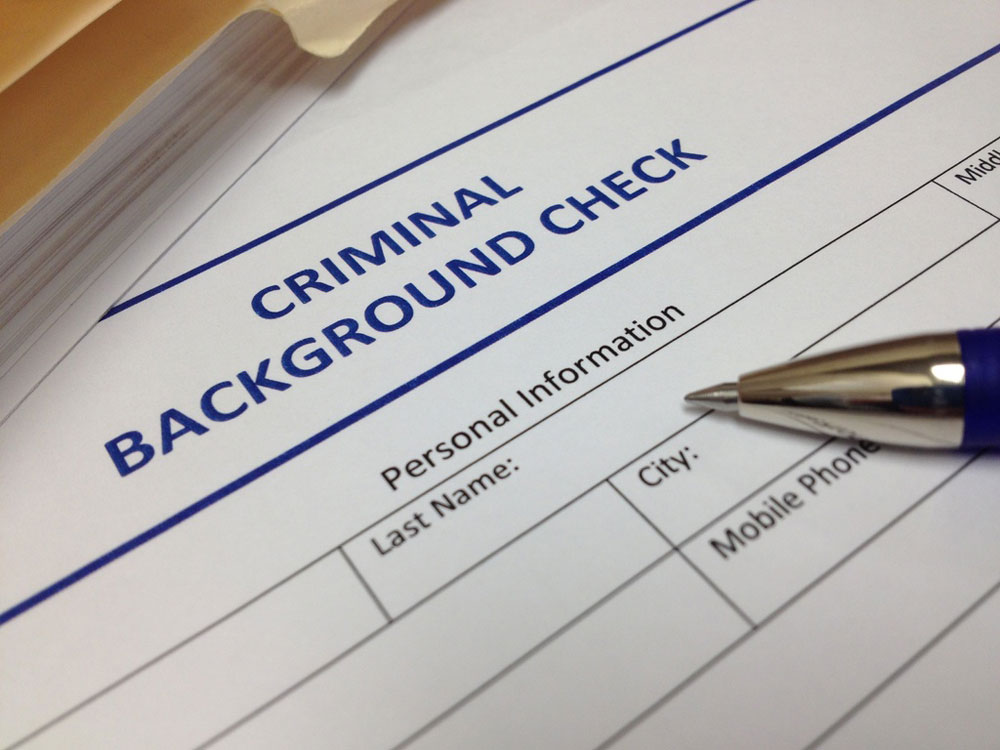
July 24, 2019; Chicago Tribune and The Root
When you sign up to speak at a public meeting, you expect you are exercising your right to free speech. But if you signed up to speak before the Chicago Police Board, you also made yourself subject to a full criminal background check you probably did not even know about until now.
It seems that at least since 2013, the Chicago police have been conducting full criminal background checks on those who register 24 hours in advance to speak at the Police Board meetings. They have been using internal department databases to look into arrest or prison records, check warrants that might be outstanding, and see whether they might be registered sex offenders. In addition, they search for comments speakers have made on YouTube, Facebook, Twitter, or other internet sites. What’s not clear is just who’s behind this data gathering and how this information is being used.
All this came to light in the last few days, leading to general outrage that began with Chicago’s Mayor Lori Lightfoot, who once chaired this board. Lightfoot ordered an immediate stop to the practice and said the Police Department owed the public an apology.
Sign up for our free newsletters
Subscribe to NPQ's newsletters to have our top stories delivered directly to your inbox.
By signing up, you agree to our privacy policy and terms of use, and to receive messages from NPQ and our partners.
“I think that people have a right to come and express themselves. That’s what the First Amendment is all about,” Lightfoot said. “While I can imagine there would be curiosity about (who) some of these people are, to be doing in effect full criminal background checks and then circulating that information is totally inappropriate.”
As a short-term remedy, citizens may now sign up to speak at these meetings 15 minutes in advance, rather than 24 hours. But this does not resolve the questions about why this information was collected, who saw it, and to what use it might have been put.
The Chicago Tribune, which broke this story, found that this practice was known within the department. While tacitly conceding he knew of the assembling of such dossiers, Police Chief Eddie Johnson, who was kept on from the previous mayoral administration, indicated that nothing was ever done with this information and that the practice has ended. And Max Caproni, longtime executive director of the Police Board, admitted in an email to the Tribune that he too knew about these background checks. “The Police Board did not request these reports, I did not review the reports in detail or use them for any purpose, nor did I distribute them to Board members,” Caproni wrote.
The police department’s chief spokesperson, Anthony Guglielimi, attempted to put a positive spin on it, saying the department conducted the searches to “better address issues of concerns raised.” His statement that much of the information came from public records was contradicted by the Tribune’s documents, which showed the police drew upon into an internal database for information on speakers, some of whom were members of the police department.
These days, no one takes issues of free speech lightly. As Karen Sheley, the director of the ACLU of Illinois’ police practices project, said, “That’s dossier-collecting on people because they’ve engaged in free speech, and it raises significant First Amendment concerns.”—Carole Levine













